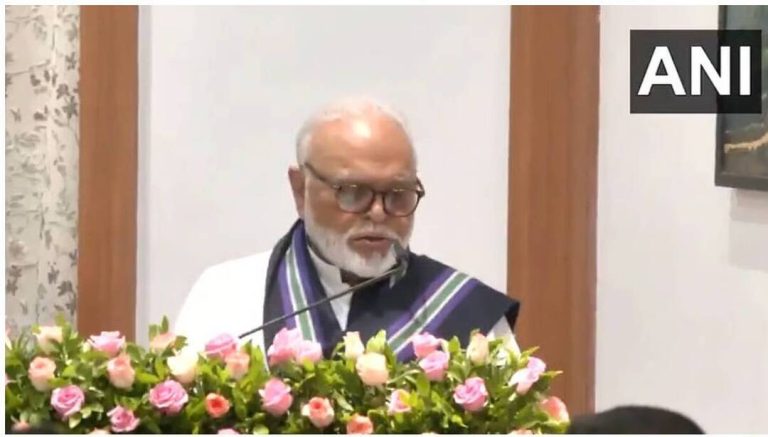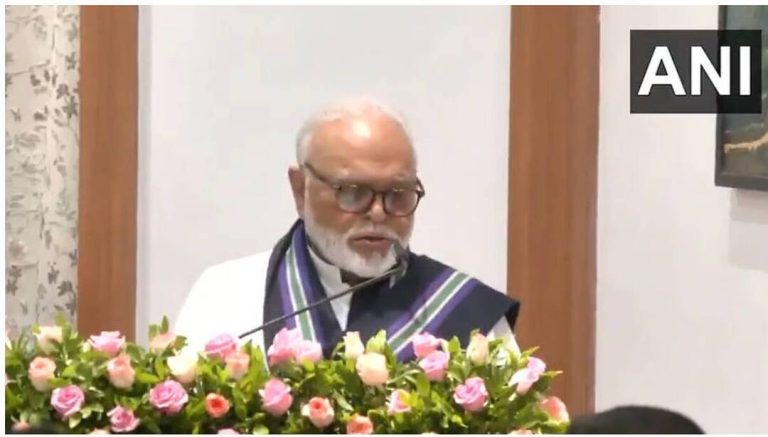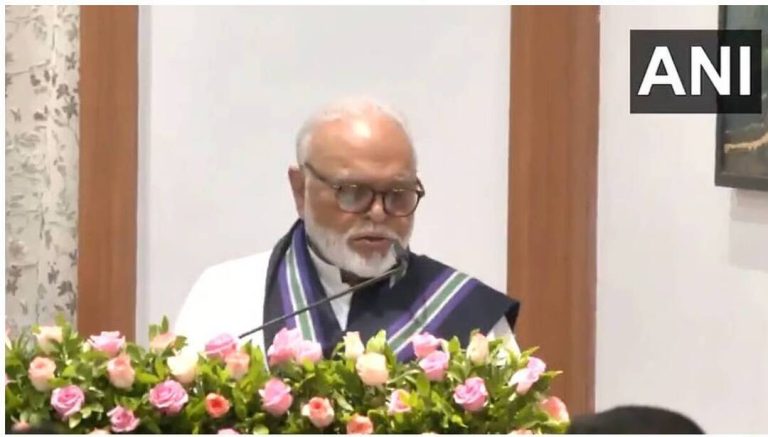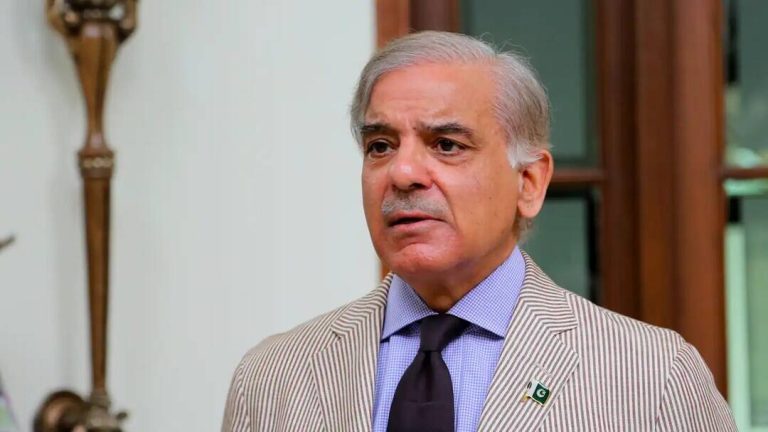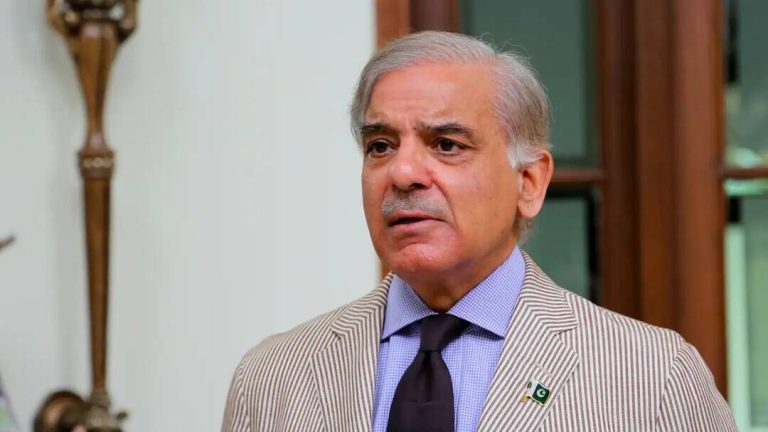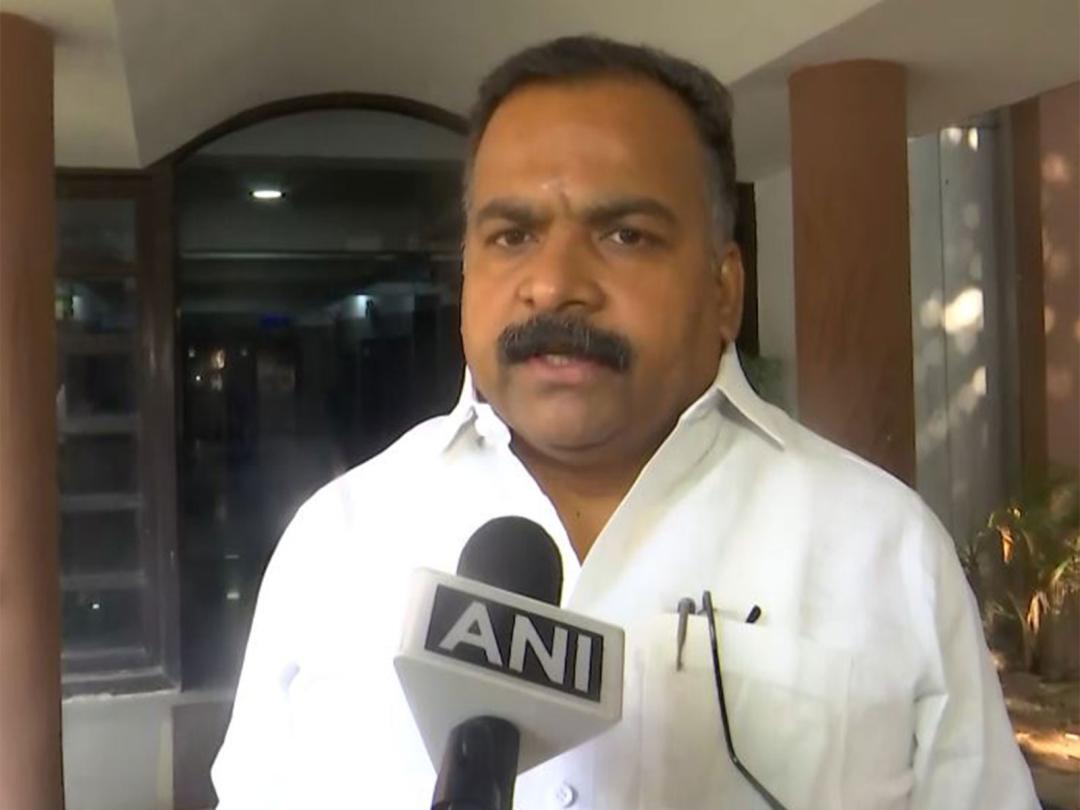
RSS opposed Constitution, grandkids trying to uphold it: Tagore
The Indian Constitution, which is the foundation of the country’s democratic framework, has been a subject of debate and discussion in recent times. The Rashtriya Swayamsevak Sangh (RSS), a right-wing organization, has been accused of opposing the Constitution at the time of its formulation. This accusation has been leveled by Congress MP Manickam Tagore, who criticized the RSS and the Bharatiya Janata Party (BJP) for their stance on the Constitution.
According to Tagore, the RSS opposed the Constitution because it did not align with the Manusmriti, an ancient Hindu text that outlines the social and moral code of conduct for Hindus. The Manusmriti is considered a sacred text by many Hindus, but it has also been criticized for its discriminatory and patriarchal content. Tagore argued that the RSS’s opposition to the Constitution was rooted in their desire to establish a Hindu state based on the principles of the Manusmriti.
“The grandchildren of RSS are now trying to uphold the Constitution, PM Modi and all other BJP friends must understand that their history stands like this,” Tagore said. This statement highlights the irony of the situation, where the descendants of those who opposed the Constitution are now trying to uphold it. This raises questions about the sincerity of their intentions and whether they have truly changed their stance on the Constitution.
The RSS’s opposition to the Constitution is well-documented. In 1949, the RSS chief, M.S. Golwalkar, wrote a book titled “We, or Our Nationhood Defined,” in which he argued that the Indian nation was a Hindu nation and that the Constitution should be based on Hindu principles. This book was widely criticized for its divisive and exclusionary content, and it is still considered a seminal text of the Hindu nationalist movement.
The BJP, which is closely linked to the RSS, has also been accused of trying to undermine the Constitution. The party has been criticized for its attempts to impose Hindu nationalist ideology on the country, and for its handling of sensitive issues such as cow vigilantism, love jihad, and the Citizenship (Amendment) Act. These issues have sparked widespread protests and debates, and have raised concerns about the erosion of democratic values and the rule of law.
In recent times, the BJP has tried to project itself as a champion of the Constitution, with Prime Minister Narendra Modi and other party leaders frequently invoking the Constitution and its ideals. However, this attempt to rebrand the party as a defender of the Constitution has been met with skepticism by many, who point to the party’s history of opposition to the Constitution and its attempts to undermine democratic institutions.
The Congress party, on the other hand, has been a strong defender of the Constitution and its ideals. The party has a long history of promoting secularism, democracy, and social justice, and has been a vocal critic of the BJP’s attempts to undermine the Constitution. Tagore’s statement is a reflection of this commitment to the Constitution and its values.
In conclusion, the debate over the Constitution and its ideals is an important one, and it is essential that we understand the history and context of this debate. The RSS’s opposition to the Constitution at the time of its formulation is a well-documented fact, and it is ironic that the descendants of those who opposed the Constitution are now trying to uphold it. As Tagore said, “The grandchildren of RSS are now trying to uphold the Constitution, PM Modi and all other BJP friends must understand that their history stands like this.” This statement serves as a reminder of the importance of understanding our history and the need to be vigilant in defending our democratic values and institutions.
The Constitution is a sacred document that embodies the principles of democracy, secularism, and social justice. It is essential that we defend it against all attempts to undermine it, and that we promote its values and ideals in our daily lives. As we move forward as a nation, it is essential that we remember our history and the struggles of those who fought for our freedom and our democratic rights. We must also be mindful of the challenges that we face today, and work towards creating a more just and equitable society for all.
As we reflect on the debate over the Constitution, it is clear that there are still many challenges that we face as a nation. The rise of Hindu nationalism and the erosion of democratic values are major concerns that need to be addressed. However, it is also clear that there are many people who are committed to defending the Constitution and its ideals, and who are working towards creating a more just and equitable society.
In the end, the defense of the Constitution and its values is a collective responsibility that requires the participation of all citizens. We must be vigilant in defending our democratic institutions and values, and we must work towards creating a more just and equitable society for all. As we move forward as a nation, it is essential that we remember our history and the struggles of those who fought for our freedom and our democratic rights.
